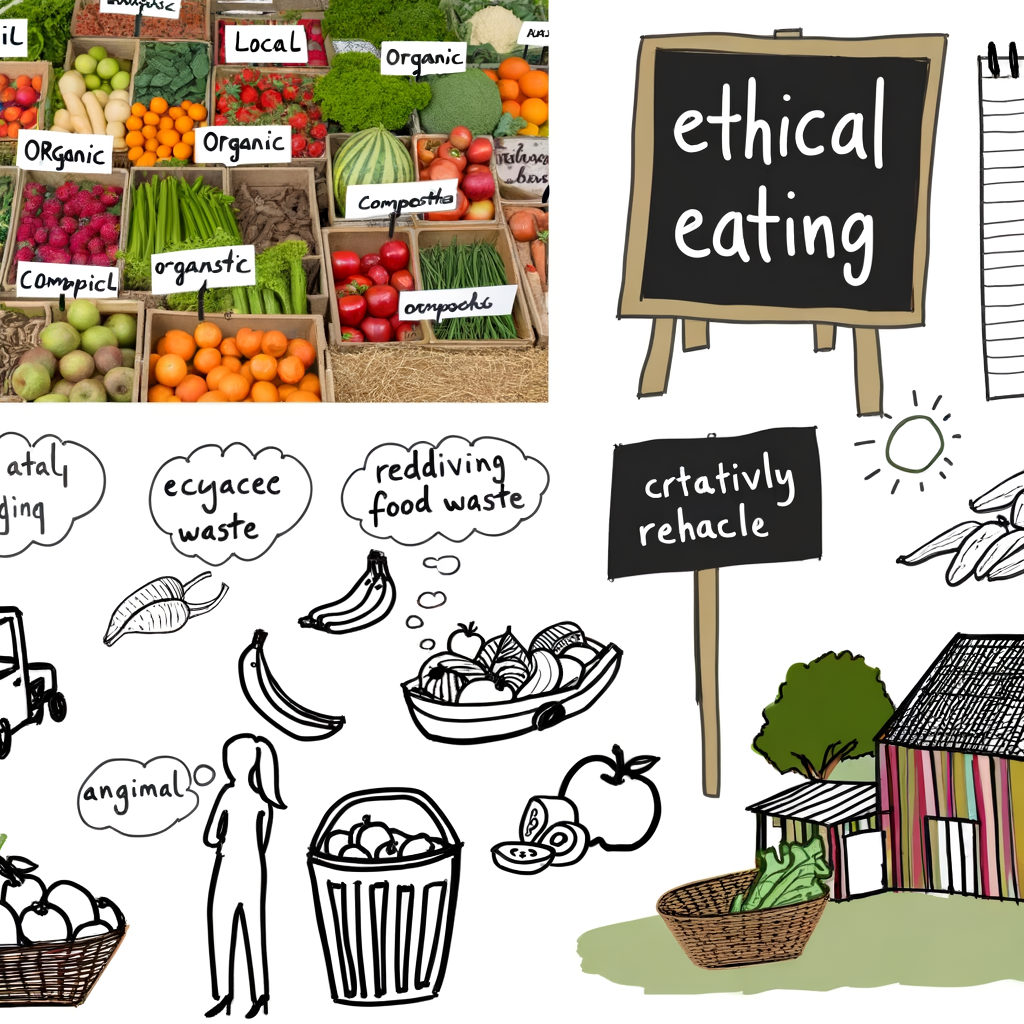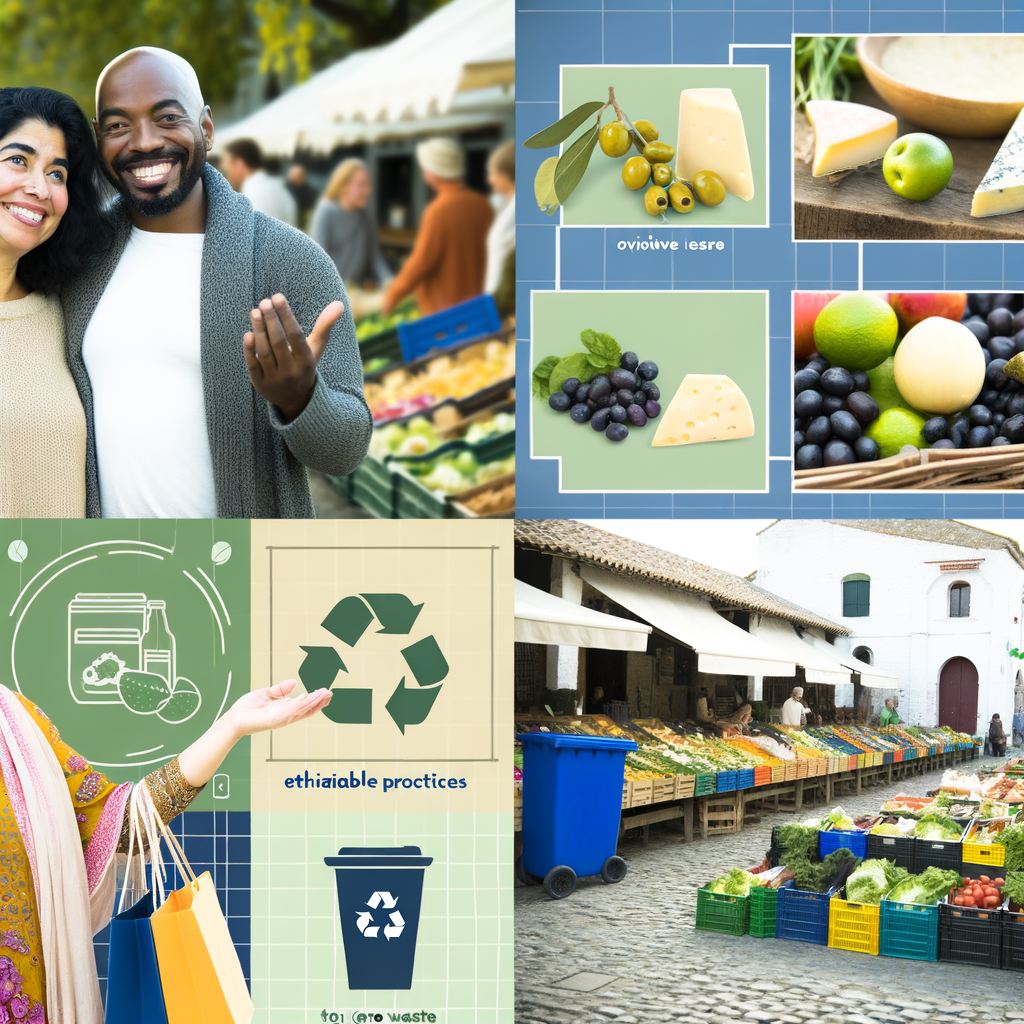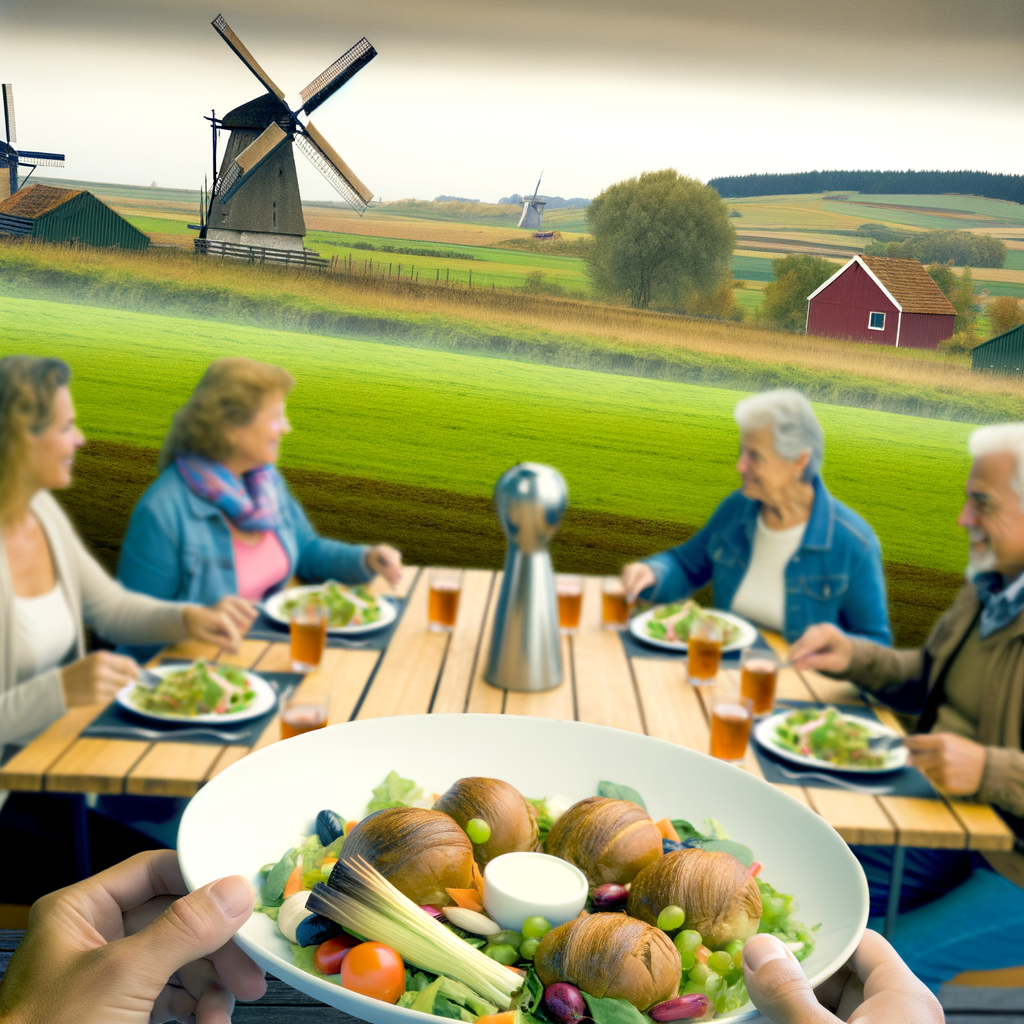As Americans, we often take for granted the availability of food at our fingertips. We can drive to the nearest grocery store or restaurant and have a multitude of options to choose from. However, have you ever stopped to think about where your food comes from and the impact it has on our environment?
As an expert chef, it is my responsibility to not only create delicious meals, but also to source ingredients in an ethical and sustainable manner. This means utilizing practices that minimize harm to the environment and promote the well-being of animals and workers.
One of the key components of ethical eating is supporting local and organic farms. Not only do you get fresher and more nutritious produce, but you also reduce the carbon footprint of your food. Additionally, by supporting local farmers, you are helping to sustain small businesses and promote a stronger local economy.
Another important aspect of ethical eating is considering the welfare of animals. This means choosing humanely-raised and grass-fed meats, as well as opting for plant-based alternatives whenever possible. These choices not only benefit the animals, but also have a positive impact on the environment by reducing greenhouse gas emissions and preserving natural resources.
Lastly, it’s important to reduce food waste by utilizing all parts of an ingredient and composting scraps. This reduces the amount of food that ends up in landfills, where it emits methane gas, a potent contributor to climate change.
In conclusion, ethical eating is about making conscious decisions that benefit not only ourselves, but also the planet. By embracing sustainable practices, we can create a healthier and more sustainable food system for generations to come.





